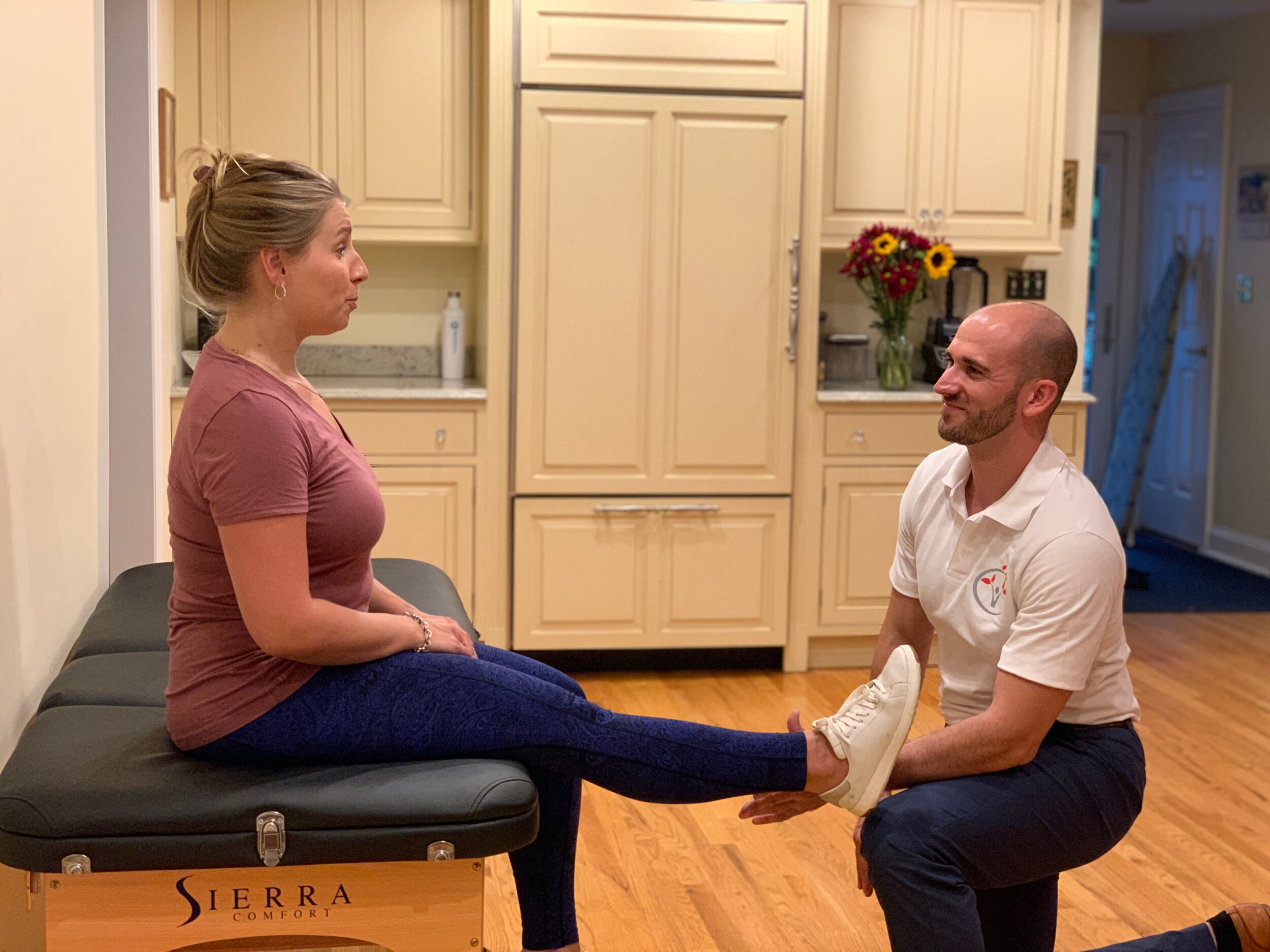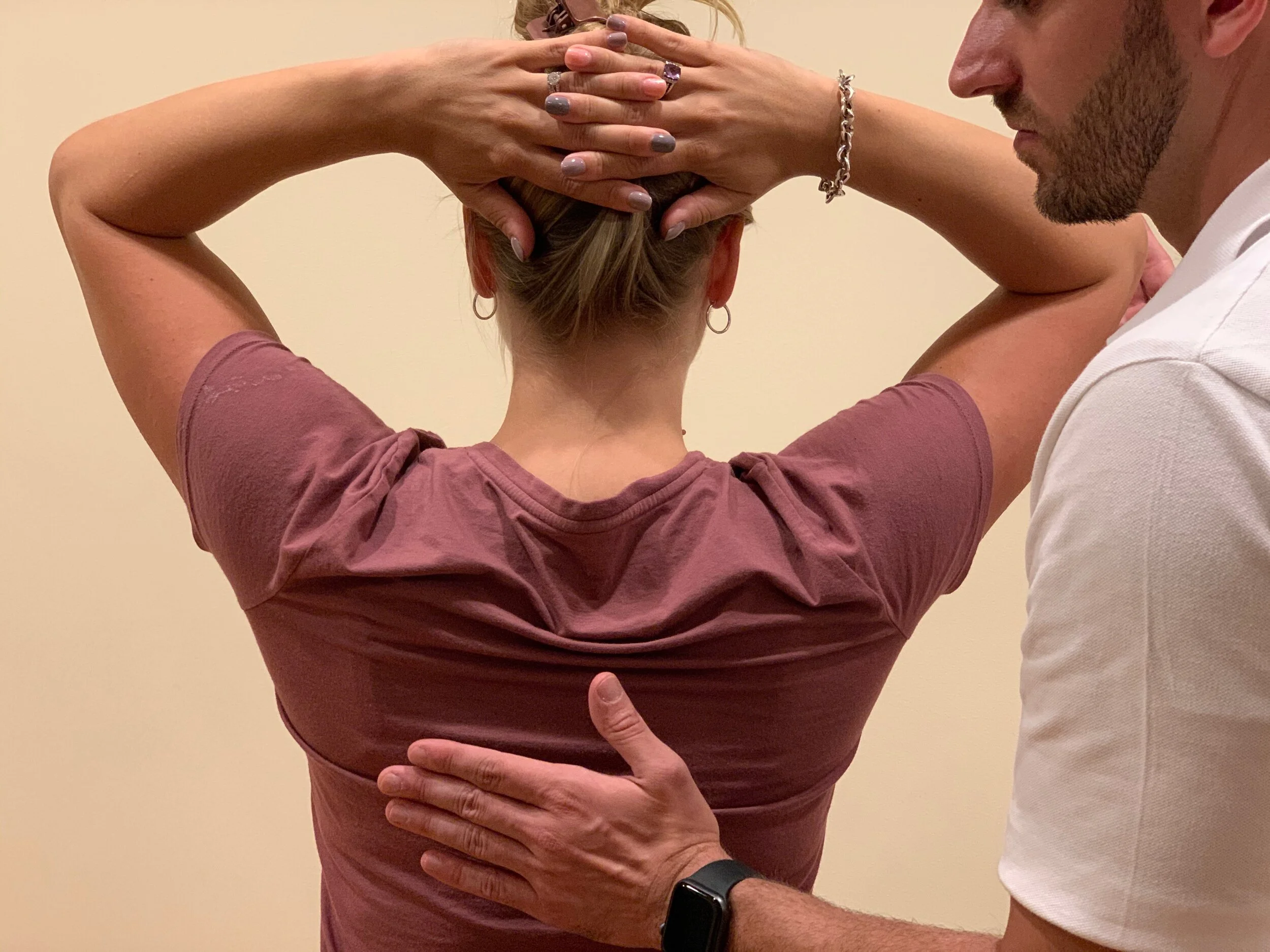Caring for your Spine is Important
Healthy Daily Movements
Each and everyday we perform movements and activities which strain our connective tissues and joints.
The types of strain our connective tissue experiences is the “instructions” to our body in how it remodels itself.
Repeated performance of “improper” or asymmetrical forces leads to pathological changes - Episodes of Pain
You can help to stop and prevent future episodes of pain with healthy daily movements.
Spinal Forces & Posture
Most people spend their days either standing or sitting for prolonged periods of time
The joints of the spine receive their nutrition through movement (flexing and extending)
Sitting in a flexed (bent forward) position is not necessarily bad - but is detrimental when performed for excessive periods of time - this can lead to disc pathology & pain
Nutrients to joints through movement
Regular daily movements of the spine can help to prevent long term negative changes to the connective tissues of spinal joints and the disc
The types of movements that are appropriate for you, may not be the same as for others - only a mechanical analysis can determine the “best” ones
Generally movements into all ranges of motions can be healthy - this is why exercise regimes and practices that engage in stretching activities are typically beneficial to the spine: Yoga, Pilates, Tai Chi, Calisthenics, etc.
Recover from Pain Syndromes through Mechanical Analysis & Treatment
A trained practitioner can determine which spinal forces will help instead of harm, through repeated movements and/or postures
Discovery of these types of movements/exercises has multiple benefits:
Recovery from acute cases of spine related pain
Lead to future self-treatment for minor cases of pain before they become more serious
Prevent long-term degeneration of spinal tissues which may eventually lead to drastic measures including spinal surgery
Promote improved postures in daily living and a healthier lifestyle

Consultation to inform you if you need treatment from another health professional
Physical Therapists are trained to screen for medical conditions that are “outside the scope” of physical therapy
If there is any evidence of problems that may be addressed by another healthcare provider - a recommendation will be made
A thorough health screening & history is performed for all patients




